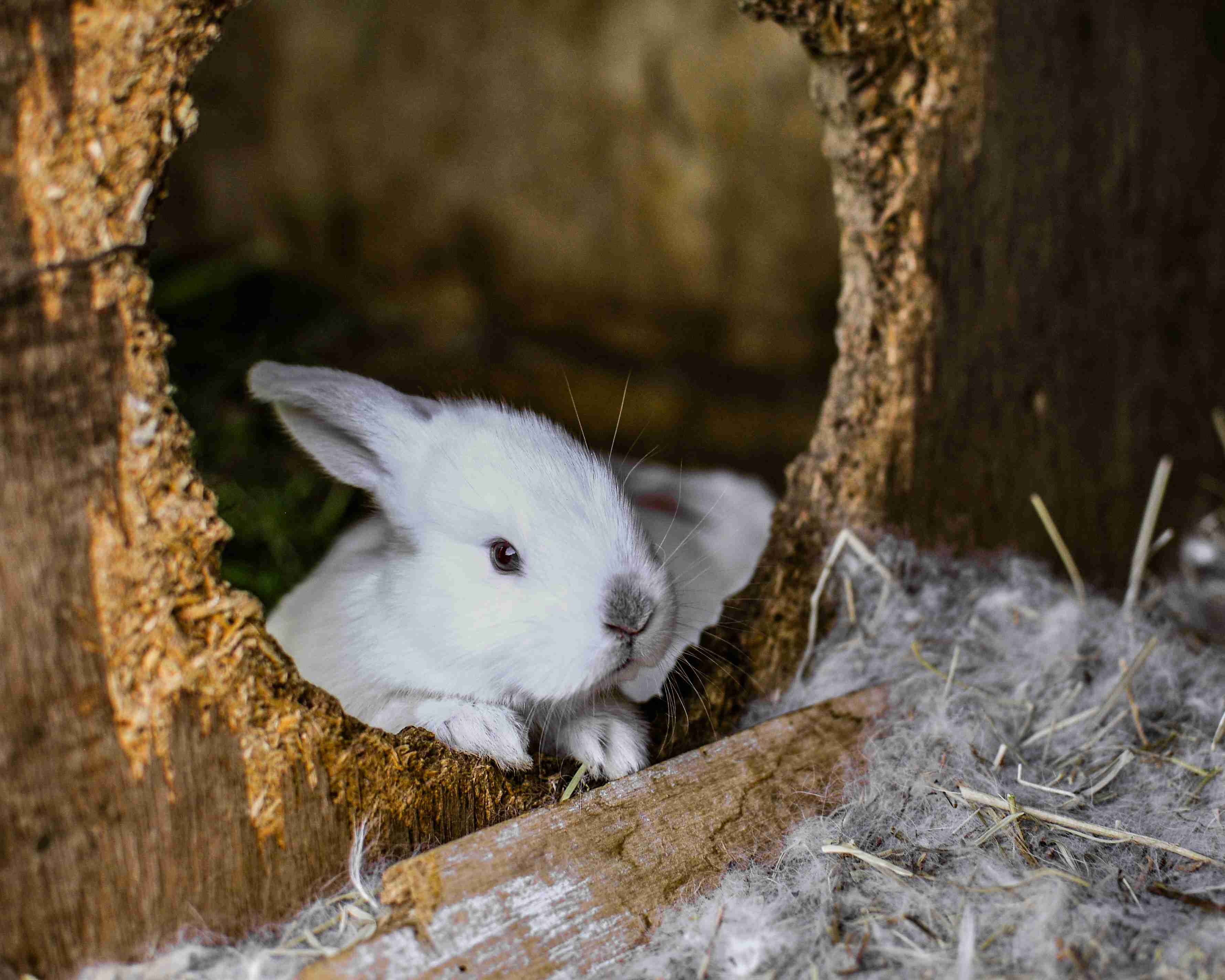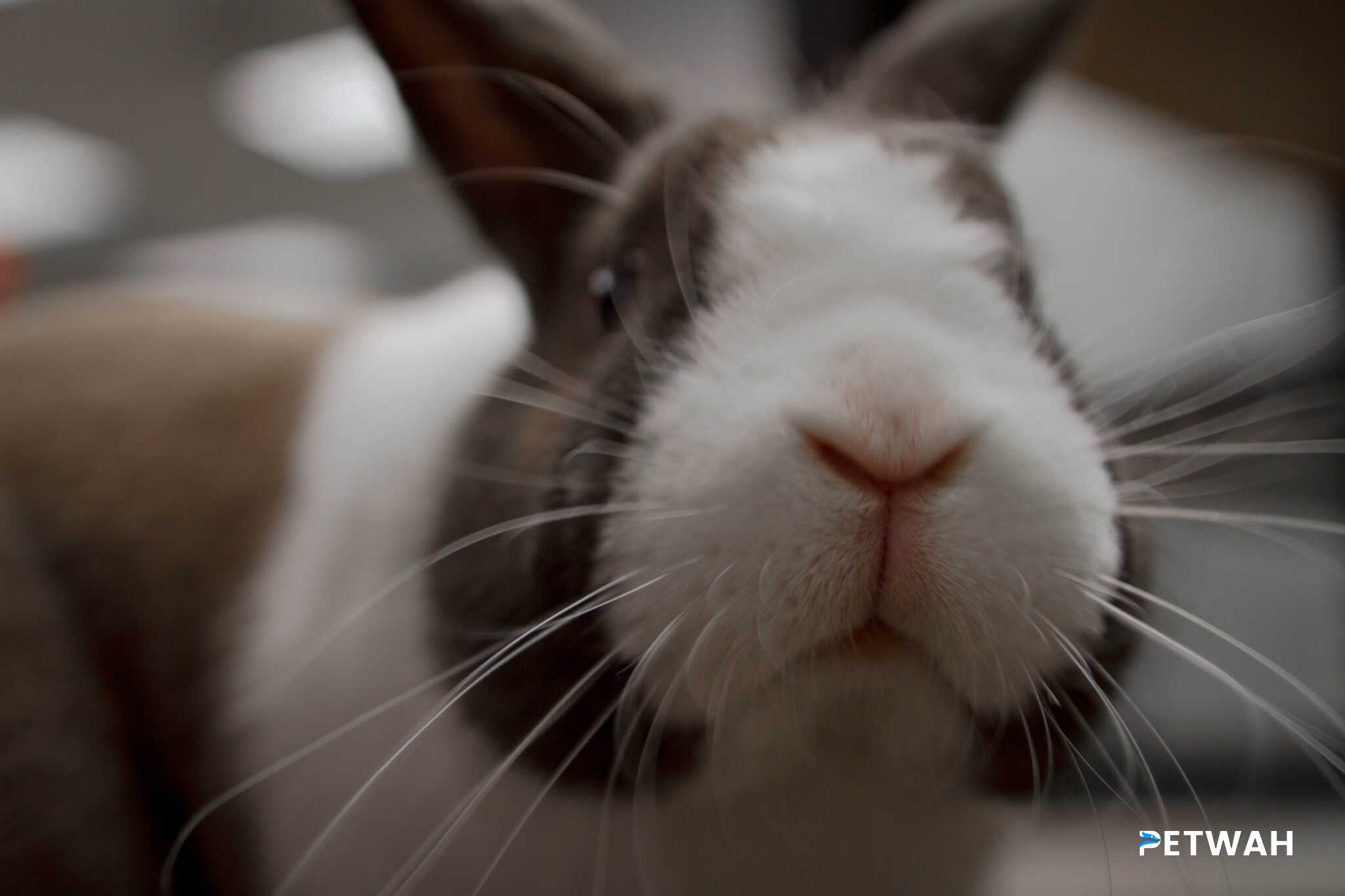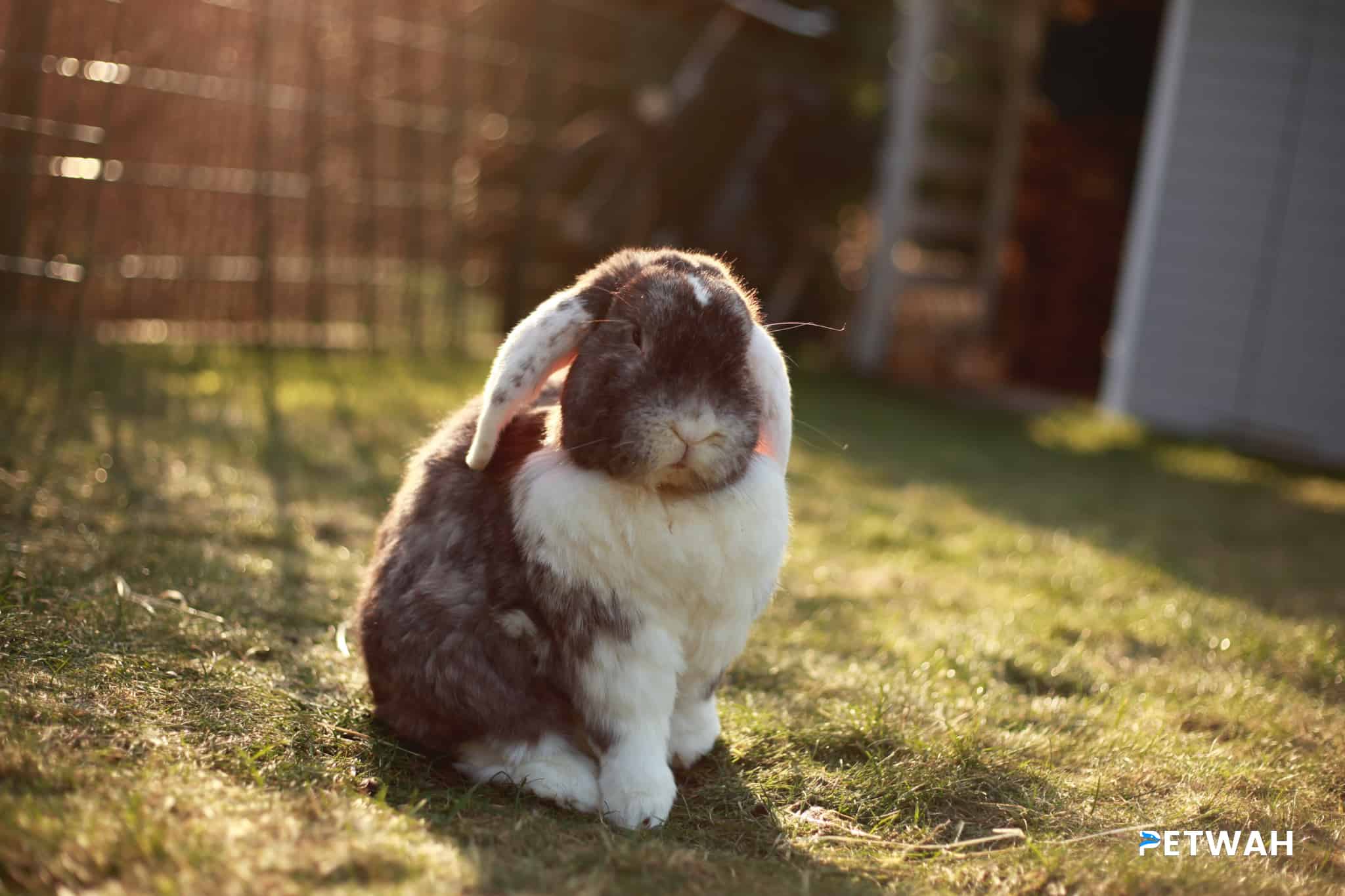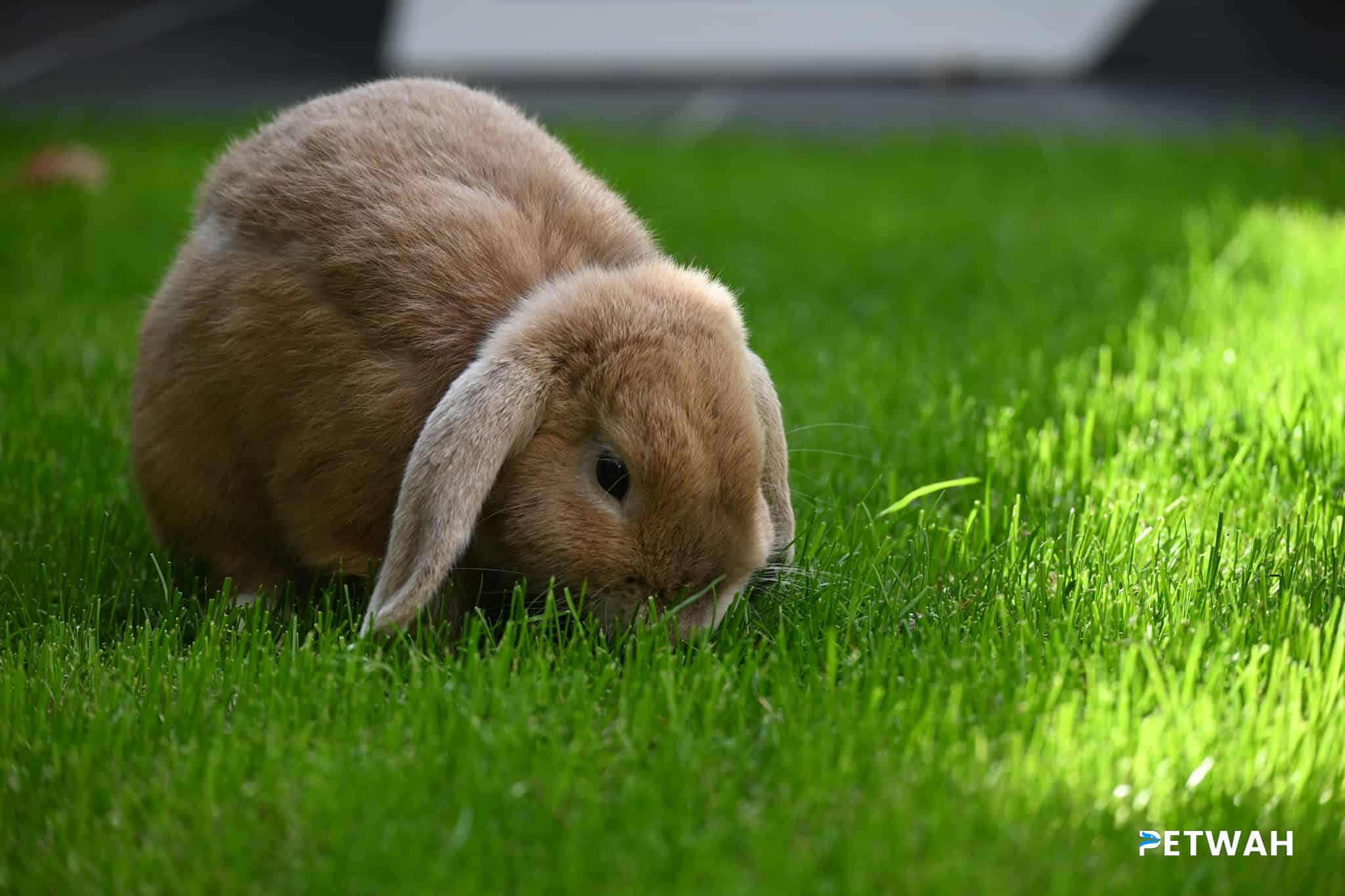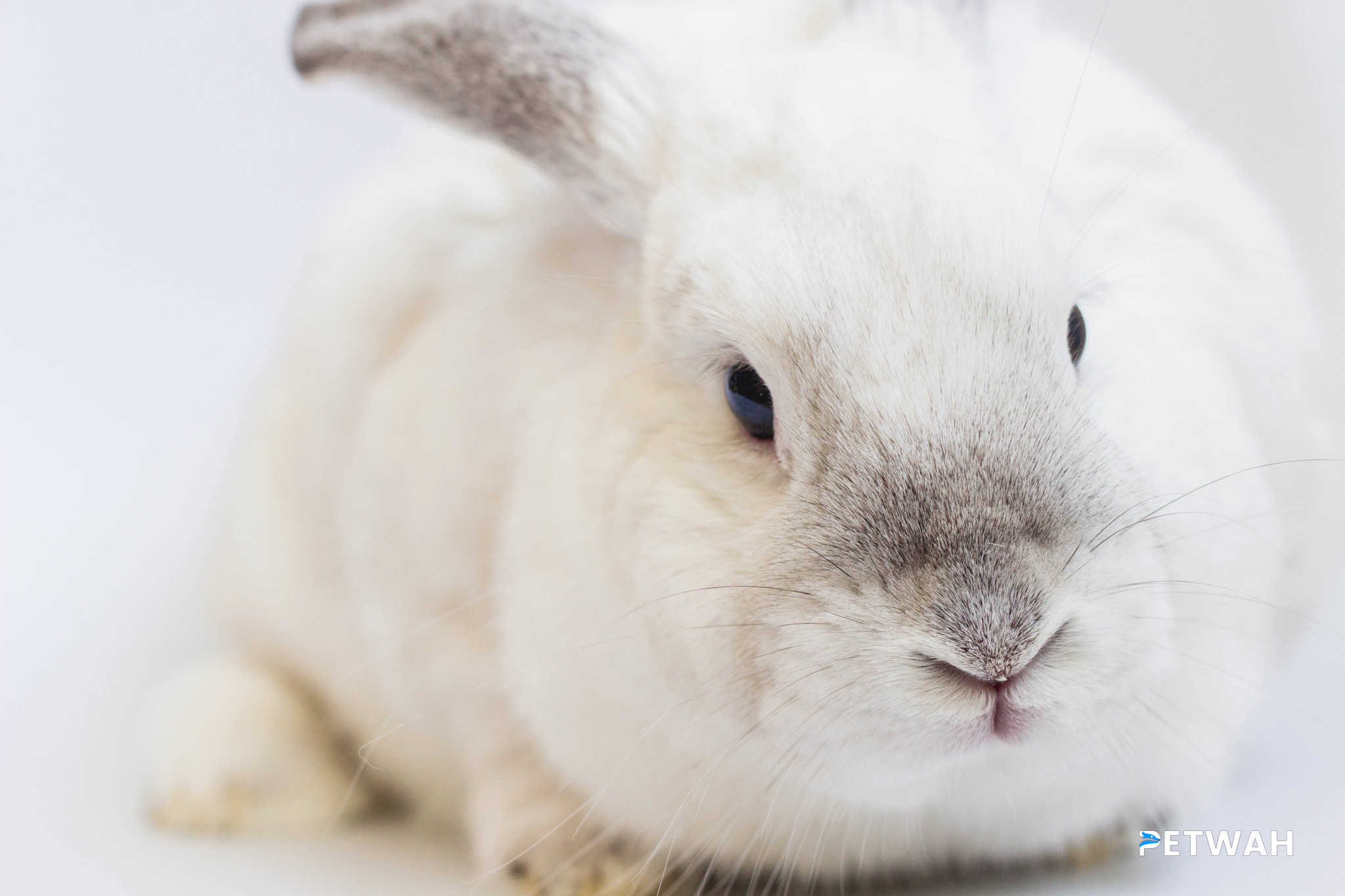Rabbits are adorable and make great pets, but just like any other animals, they can also experience health problems. As a responsible pet owner, it’s important to be aware of the common health issues that rabbits may encounter. These health problems can range from minor to serious, and some can even be fatal if left untreated. In this blog post, we’ll discuss the 10 most common health problems that pet rabbits can experience. We’ll cover the symptoms to look out for, how to prevent them, and the best treatment options available to keep your fluffy friend healthy and happy. So, if you’re a rabbit owner or thinking of getting one, keep reading to learn more about these common health problems and how to address them.
Rabbits are adorable and friendly animals that make great pets for many families. However, just like any other animal, they are susceptible to health problems that can be dangerous or even fatal if not addressed promptly. As a responsible pet owner, it is important to be aware of the common health problems that rabbits can experience, as well as their symptoms and treatment options.
1. Dental Problems:
Rabbits have teeth that continuously grow throughout their lives. If their teeth are not worn down properly through chewing, they can develop dental problems such as malocclusion, which is when the teeth do not align correctly. This can cause painful mouth sores and difficulty eating. Symptoms include drooling, weight loss, and a decreased appetite. Treatment includes dental trimming and providing your rabbit with plenty of hay and chew toys to wear down their teeth.
2. GI Stasis:
Gastrointestinal (GI) stasis is a common condition that occurs when a rabbit’s digestive system slows down or stops entirely. This can be due to a lack of fiber in their diet, stress, or other underlying health issues. Symptoms include a decrease in appetite, lethargy, and constipation. Treatment includes increasing your rabbit’s fiber intake, providing plenty of water, and medication to stimulate their digestive system.
3. Hairballs:
Just like cats, rabbits can develop hairballs from grooming themselves. These hairballs can cause blockages in their digestive system, leading to GI stasis. Symptoms include a decreased appetite, lethargy, and constipation. Treatment includes increasing fiber intake, providing plenty of water, and medication to help pass the hairball.
4. Respiratory Infections:
Rabbits can develop upper respiratory infections, which can be caused by bacteria, viruses, or other underlying health issues. Symptoms include sneezing, coughing, nasal discharge, and difficulty breathing. Treatment includes antibiotics and supportive care such as humidifiers or nebulizers to help ease their breathing.
5. Ear Infections:
Rabbits can develop ear infections, which can be caused by bacteria or parasites. Symptoms include head tilting, loss of balance, and ear discharge. Treatment includes antibiotics and supportive care to manage any neurological symptoms.
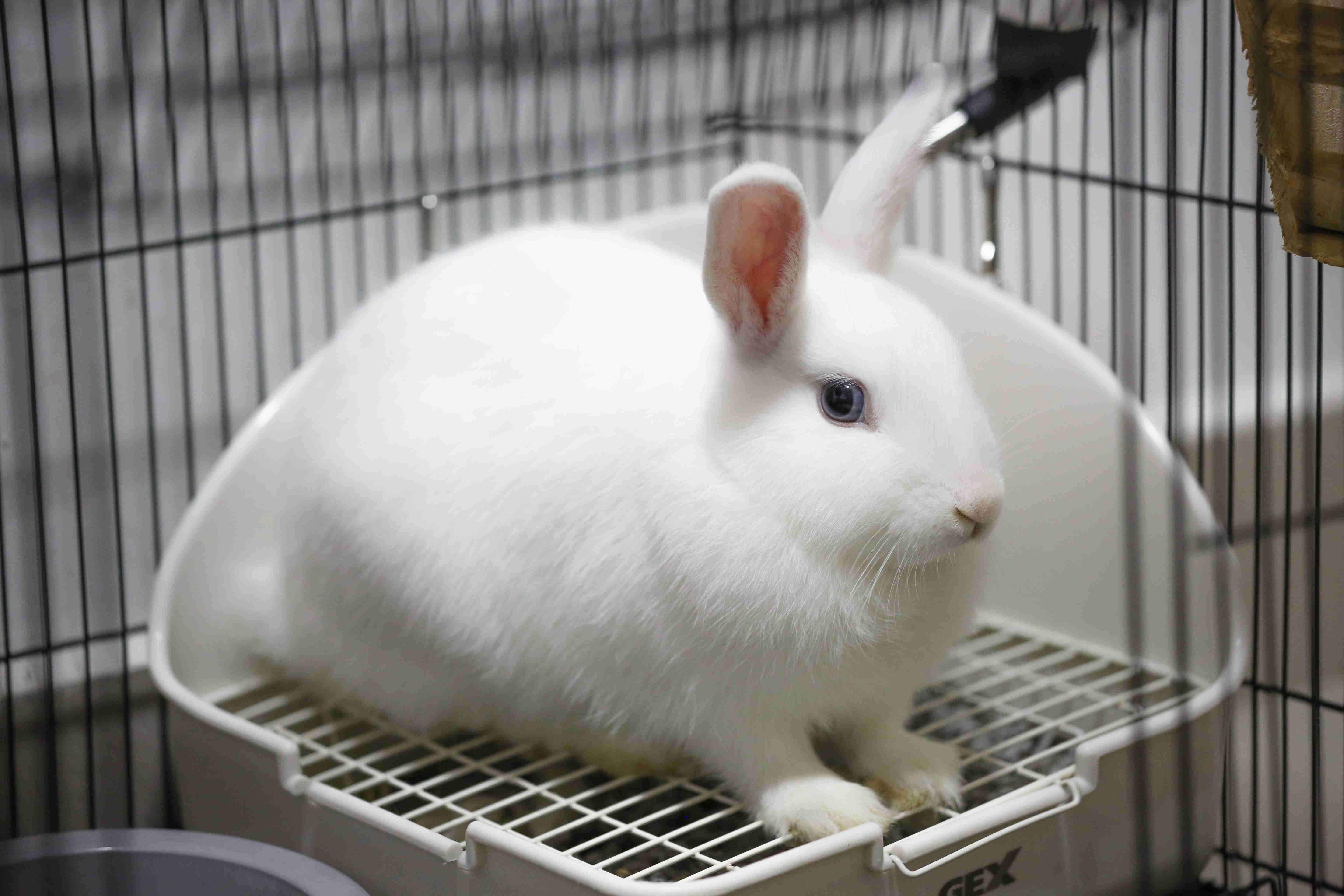
6. Heat Stroke:
Rabbits are sensitive to high temperatures and can develop heat stroke if they are exposed to extreme heat for too long. Symptoms include panting, lethargy, and a decrease in appetite. Treatment includes cooling your rabbit down immediately and providing plenty of water.
7. Bloat:
Bloat is a condition where gas accumulates in the stomach and can cause it to twist, which can be life-threatening. Symptoms include a distended stomach, lethargy, and a decrease in appetite. Treatment includes immediate veterinary care and surgery to relieve the pressure in the stomach.
8. Myxomatosis:
Myxomatosis is a viral disease that is transmitted by fleas and mosquitoes. Symptoms include swelling around the eyes, nose, and genitals, and can progress to pneumonia and other respiratory issues. Treatment is supportive care, but prevention is the best course of action through flea and mosquito control.
9. Flystrike:
Flystrike is a condition where flies lay eggs on a rabbit’s skin, which hatch into maggots and can cause serious damage. This can occur if a rabbit has dirty or wet fur or has an open wound. Symptoms include lethargy, a decrease in appetite, and foul-smelling discharge. Treatment includes removing the maggots and providing supportive care.
10. Urinary Tract Infections:
Rabbits can develop urinary tract infections, which can be caused by bacteria or other underlying health issues. Symptoms include difficulty urinating, blood in the urine, and lethargy. Treatment includes antibiotics and supportive care to manage any pain or discomfort.
Overall, as a responsible pet owner, it is important to be aware of the common health problems that rabbits can experience, their symptoms, and treatment options. By monitoring your rabbit’s health closely and providing them with proper care and attention, you can help prevent and manage these health issues, ensuring that your furry friend has a long and healthy life.
In conclusion, maintaining your pet rabbit’s health and well-being requires a combination of preventative care, regular check-ups, and prompt medical attention when necessary. As a responsible pet owner, it is essential to educate yourself about the common health problems that rabbits can experience, so you can recognize the symptoms and take appropriate action. Remember to provide your pet rabbit with a clean and safe living environment, a healthy diet, and plenty of exercise and mental stimulation. By doing so, you can help ensure that your furry friend lives a long, happy, and healthy life.



